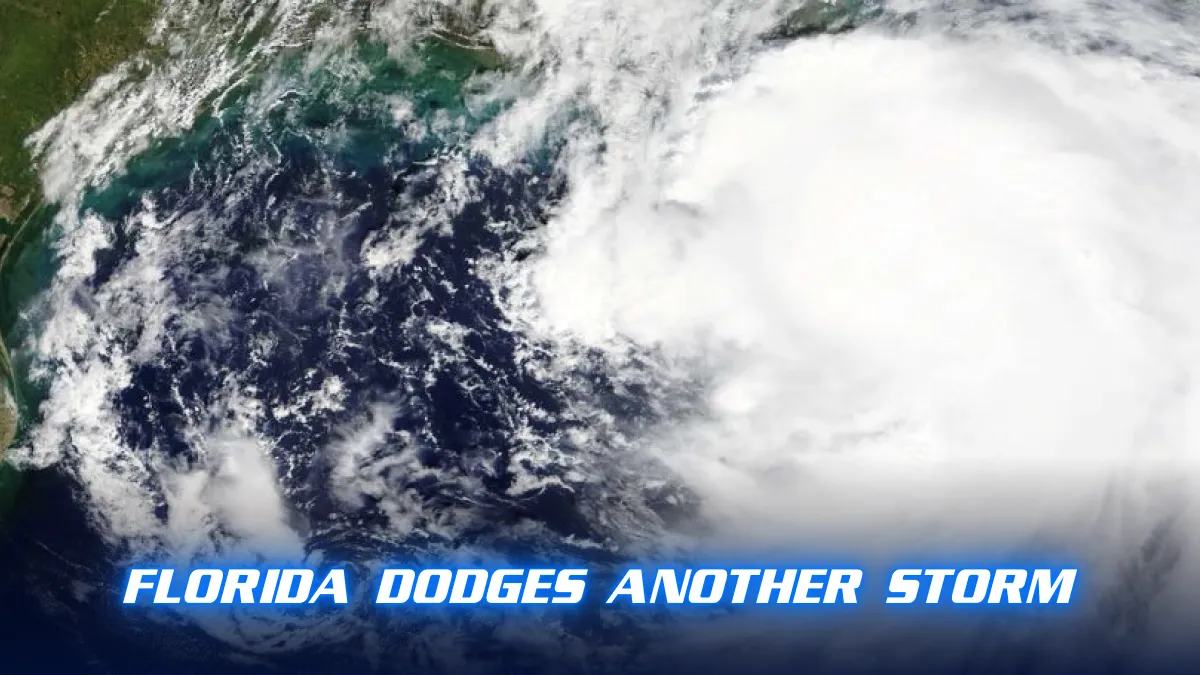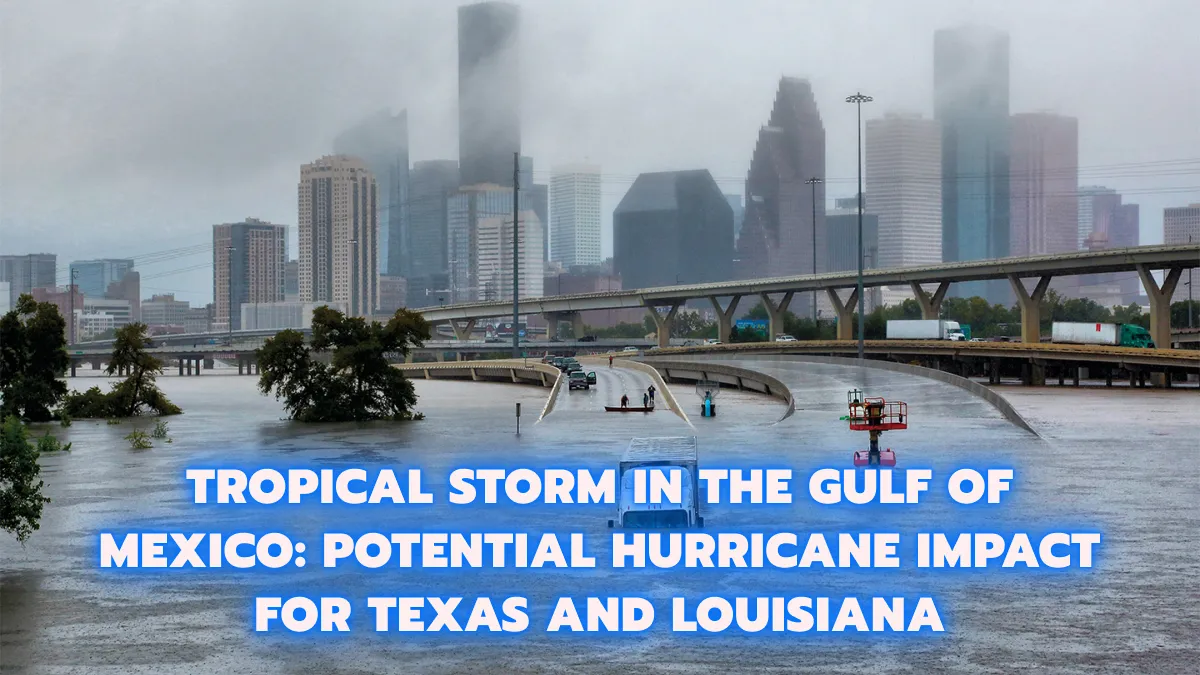The National Hurricane Center (NHC) is closely monitoring two developing weather systems in the Caribbean, but Floridians can rest easy for now. On Tuesday, October 15, 2024, meteorologists confirmed that while the systems are showing signs of development, they are unlikely to affect Florida directly at this time.
The first area of interest is Invest 94-L, located in the central Atlantic. It has been gathering attention from the NHC due to increasing organization. Currently, it is moving west-northwestward with a moderate chance of becoming a tropical depression within the next few days. According to forecasters, this system is still in its early stages, but its formation could signal future tropical activity for areas closer to the Caribbean Sea. However, the NHC stated that the system poses no immediate threat to Florida.
Another area of interest is located in the southwestern Caribbean Sea. This disturbance is producing scattered thunderstorms and showers, although it remains disorganized. Weather experts suggest that environmental conditions could become more favorable for development as the week progresses. However, like Invest 94-L, this system is not expected to make a direct impact on Florida either.
Both of these weather systems are part of the broader pattern of activity during the Atlantic hurricane season, which typically lasts from June 1 to November 30. While the season has been quieter than usual for Florida so far, meteorologists are always vigilant when monitoring potential developments in the Caribbean and Atlantic. Although some parts of the Caribbean may need to stay alert, particularly in Central America, the current models show no signs of either system turning toward the U.S. mainland.
In its latest advisory, the NHC gave Invest 94-L a 50% chance of formation over the next 48 hours. The chances increase to 60% within the next week. While the conditions are not optimal for immediate intensification, meteorologists will continue to track its path closely. If it does become a tropical depression or storm, the NHC will assign it a name, with “Tammy” being the next on the official list of 2024 storm names.
Invest 94-L is expected to move over warmer waters, which could fuel its development. Warm water is one of the key ingredients for tropical systems to strengthen, alongside favorable wind patterns and moisture levels. Despite these factors, experts caution that other atmospheric conditions, like wind shear, could prevent Invest 94-L from developing too quickly or from becoming a major storm.
The second area of interest in the southwestern Caribbean has a lower chance of formation in the short term, estimated at around 20% over the next 48 hours. The NHC will continue to observe this system closely, especially as it could potentially affect parts of Central America later in the week. Heavy rainfall is likely to impact portions of Honduras, Nicaragua, and Costa Rica regardless of whether the system becomes a tropical cyclone. However, Florida remains well out of the projected path, according to current models.
Florida residents, while familiar with hurricane preparedness, can relax for the time being. Although the state has seen minimal tropical activity in the 2024 hurricane season, officials still remind residents to stay prepared. The peak of hurricane season usually occurs in September, but storms can form through late November. Emergency services recommend that everyone has an evacuation plan and a supply of essentials, such as water, food, and batteries, in case a storm does develop and shift its path unexpectedly.
Invest 94-L and the other disturbance serve as reminders of the unpredictability of the hurricane season. Just because these current systems are unlikely to affect Florida doesn’t mean the state is entirely out of danger for the rest of the season. Hurricanes can form quickly and change course unexpectedly, as history has shown.
The NHC will continue to release regular updates on both systems. Residents of coastal areas, particularly in the Caribbean and Central America, should pay attention to the forecast over the coming days. Depending on how the systems evolve, some regions may experience tropical storm conditions or heavy rainfall by the end of the week.
For now, however, Florida remains in the clear. While it’s important to stay updated on the latest forecasts, Floridians can feel relieved that these systems are not expected to make landfall or cause significant disruptions.
The NHC encourages everyone to stay informed by checking official updates regularly and avoiding speculation or misinformation. Tropical weather can change quickly, but for now, Florida remains safe from the impacts of Invest 94-L and the other area of interest being monitored in the Caribbean.



